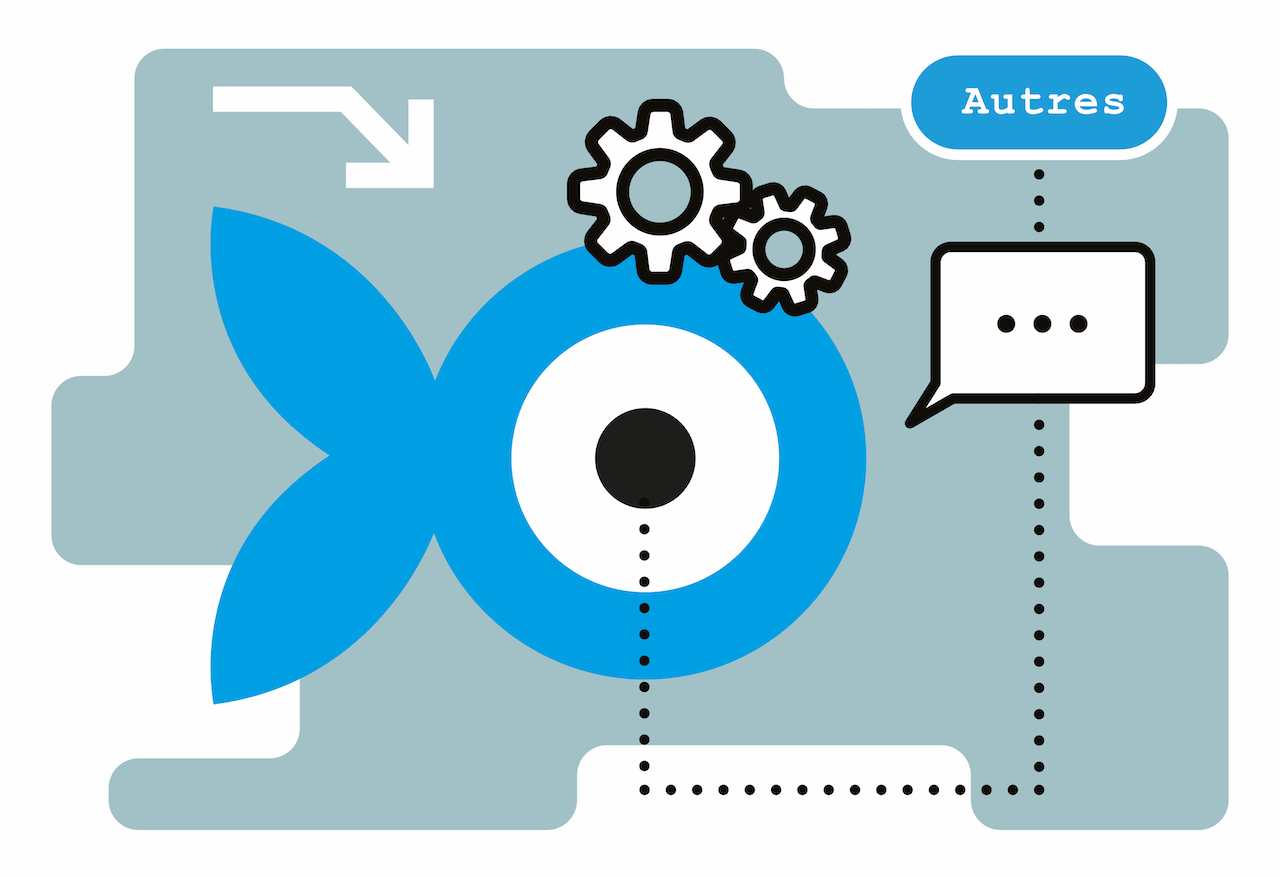Fiche du document
- 20.500.11794/2228
- 1053-8119
- doi: 10.1016/j.neuroimage.2004.05.025
- 15488424
http://purl.org/coar/access_right/c_16ec
Mots-clés
Social interaction Executive functions Theory of mind fMRI Agency Cognitive neuroscience Cooperation Competition Interaction sociale Fonctions exécutives (Neuropsychologie) Philosophie de l'esprit Imagerie par résonance magnétique Compétition (Psychologie) Coopération (Psychologie)Citer ce document
Jean Decety et al., « The neural bases of cooperation and competition : an fMRI investigation », CorpusUL, l'archive ouverte de l'université Laval, ID : 10.1016/j.neuroimage.2004.05.025
Métriques
Partage / Export
Résumé
Cooperation and competition are two basic modes of social cognition that necessitate monitoring of both one's own and others' actions, as well as adopting a specific mental set. In this fMRI, study individuals played a specially designed computer game, according to a set of predefined rules, either in cooperation with or in competition against another person. The hemodynamic response during these conditions was contrasted to that of the same subjects playing the game independently. Both cooperation and competition stances resulted in activation of a common frontoparietal network subserving executive functions, as well as the anterior insula, involved in autonomic arousal. Moreover, distinct regions were found to be selectively associated with cooperation and competition, notably the orbitofrontal cortex in the former and the inferior parietal and medial prefrontal cortices in the latter. This pattern reflects the different mental frameworks implicated in being cooperative versus competitive with another person. In accordance with evidence from evolutionary psychology as well as from developmental psychology, we argue that cooperation is a socially rewarding process and is associated with specific left medial orbitofrontal cortex involvement.
